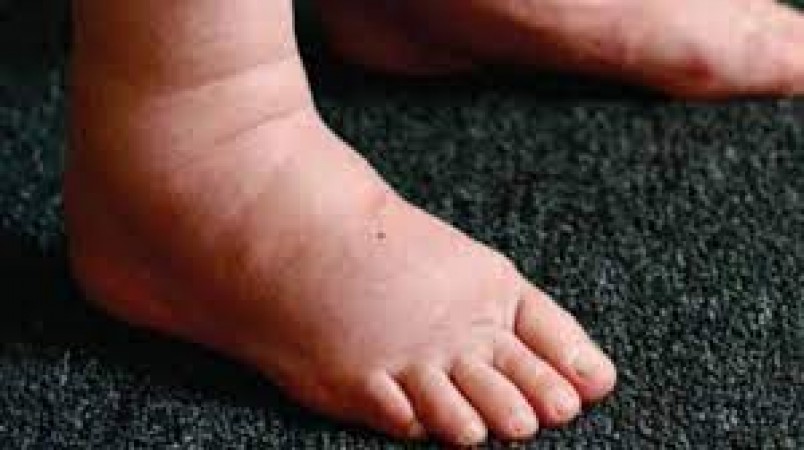
In our daily lives, unexpected changes in our bodies can often catch us off guard. One such alarming situation is the sudden swelling of the body, which could be an indication of water retention. This phenomenon, while common, might be a cause for concern if not addressed promptly. Let's dive into the details and understand the ins and outs of water retention.
Water retention, scientifically known as edema, is the accumulation of excess fluid within the body's tissues. This surplus fluid often leads to swelling, particularly in the extremities such as the legs, ankles, and hands.
Certain dietary choices, especially those high in sodium, can contribute to water retention. Processed foods and excessive salt intake can disrupt the body's fluid balance.
Fluctuations in hormones, particularly during menstruation or pregnancy, can lead to water retention. Hormonal imbalances may disrupt the body's ability to regulate fluids effectively.
Lack of physical activity can impede proper circulation, causing fluids to pool in certain areas of the body.
Underlying medical conditions such as kidney disease, heart failure, or liver cirrhosis can significantly contribute to water retention.
The most visible sign of water retention is swelling in the limbs, often accompanied by a feeling of heaviness.
Facial puffiness, especially around the eyes, can be a subtle indicator of water retention.
Sudden weight gain without a clear explanation could be linked to water retention.
Maintain a proper balance of hydration by drinking adequate water throughout the day. This helps flush out excess sodium and promotes healthy fluid balance.
Reduce sodium intake by avoiding processed foods and incorporating potassium-rich foods like bananas, oranges, and leafy greens into your diet.
Engage in regular physical activity to promote circulation and prevent fluid buildup. Simple activities like walking or swimming can be highly beneficial.
If swelling occurs in the legs, elevating them for a period can assist in reducing fluid retention.
If the swelling persists despite lifestyle changes, it's crucial to consult a healthcare professional.
Severe water retention can lead to breathing difficulties. Seek immediate medical attention if you experience shortness of breath. In the intricate dance of our body's functions, water retention can disrupt the rhythm. Being vigilant about the signs and addressing them promptly is key to maintaining optimal health. Remember, a balanced lifestyle and a keen awareness of your body are your allies in the battle against water retention.
Truck Drivers Protests End After Govt Assurances on New Hit-and-Run Law
CBI Closes IPL Match-Fixing Cases Due to Lack of Evidence
India Dials Saudi Arabia as Russian Oil Imports Dip to 11-Month Low in December